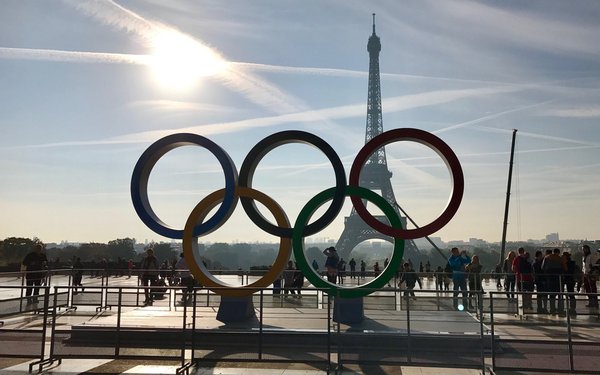- The Publisher Newsletter
- Posts
- Monday 1st July: ChatGPT can't even get attribution links right
Monday 1st July: ChatGPT can't even get attribution links right

Good morning! Today’s newsletter is brought to you by Esther.
The media landscape is rapidly changing, demanding effective strategies for sustainability and growth.
FT Strategies offers insights into how media companies can effectively diversify their business models to adapt and thrive in this changing and challenging environment in their latest report, Building Resilience: Diversification Strategies for the News Media Industry, which draws on inspiring industry examples and provides best practices for successful execution.
Every time an announcement has been made about a publisher striking a deal to licence their content to train AIs, it’s made me wince. I know there are a complex set of pros and cons for companies to consider, but it feels like doing a deal with the devil and giving away the very content that sets you apart for instant cash, and a link to your reporting somewhere in an AI-generated summary.
It turns out it isn’t even doing that properly. Andrew Deck at Nieman Lab has found that ChatGPT is ‘hallucinating’ URLs for more than 10 publications that are part of OpenAI’s ongoing licensing deals, including the WSJ, Financial Times, Le Monde, The Atlantic and more.
Most of these partnered media companies have explicitly stated in licencing deals that ChatGPT will link to their websites. “It is unclear how OpenAI can guarantee these attribution and citation features for its partners while the underlying ChatGPT product is regularly outputting broken links to those same websites,” Deck points out.
But it’s not the big guys with the power to flag these errors who will lose out eventually, is it.
This might seem obvious but it’s a REALLY difficult treadmill to jump off if you’re on it, so huge props to Neha-Tamara Patel for leading this strategy shift. “It was apparent to me that we were doing a lot of what I call ‘feeding the algorithm content’,” she explained. “It meant that we had a lot of churn, a lot of people coming in for that quickfire content and then leaving again without really accessing the broader spectrum of what we do as a brand. So we really made a conscious decision to slow things down…”
I love this approach, which funnily enough is similar to what Peter and Jo have done with The Magazine Diaries and The Grub Street Journal. In reality though, it’s more smart marketing than publishing strategy - if you want to sell a product, that’s much easier if you have an audience who know and love you first.
I love a pop-up newsletter. The Olympics Brief will also coincide with the publication of Time’s Olympics issue. The publisher did something similar during last year’s Women’s World Cup which achieved a 65.6% open rate and 75.1% average dwell time. Let’s hope the newsletter is a top performer 😉
More from Media Voices
✉️ Was this email forwarded to you? Sign up to The Media Roundup here for the four most important stories in your inbox, every weekday.
📣 Want to reach our audience of publishing and media professionals? Here’s our sponsorship options for the podcast and newsletter. Or just reply to this email and we can build you a custom bundle.
✉️ Want to celebrate the best in publisher newsletters? Join us at our Publisher Newsletter Awards on July 23rd for a summer party with leading newsletter publishers.
🧡 Take your relationship with us to the next level: we’d love you to join our community of fellow media professionals.






